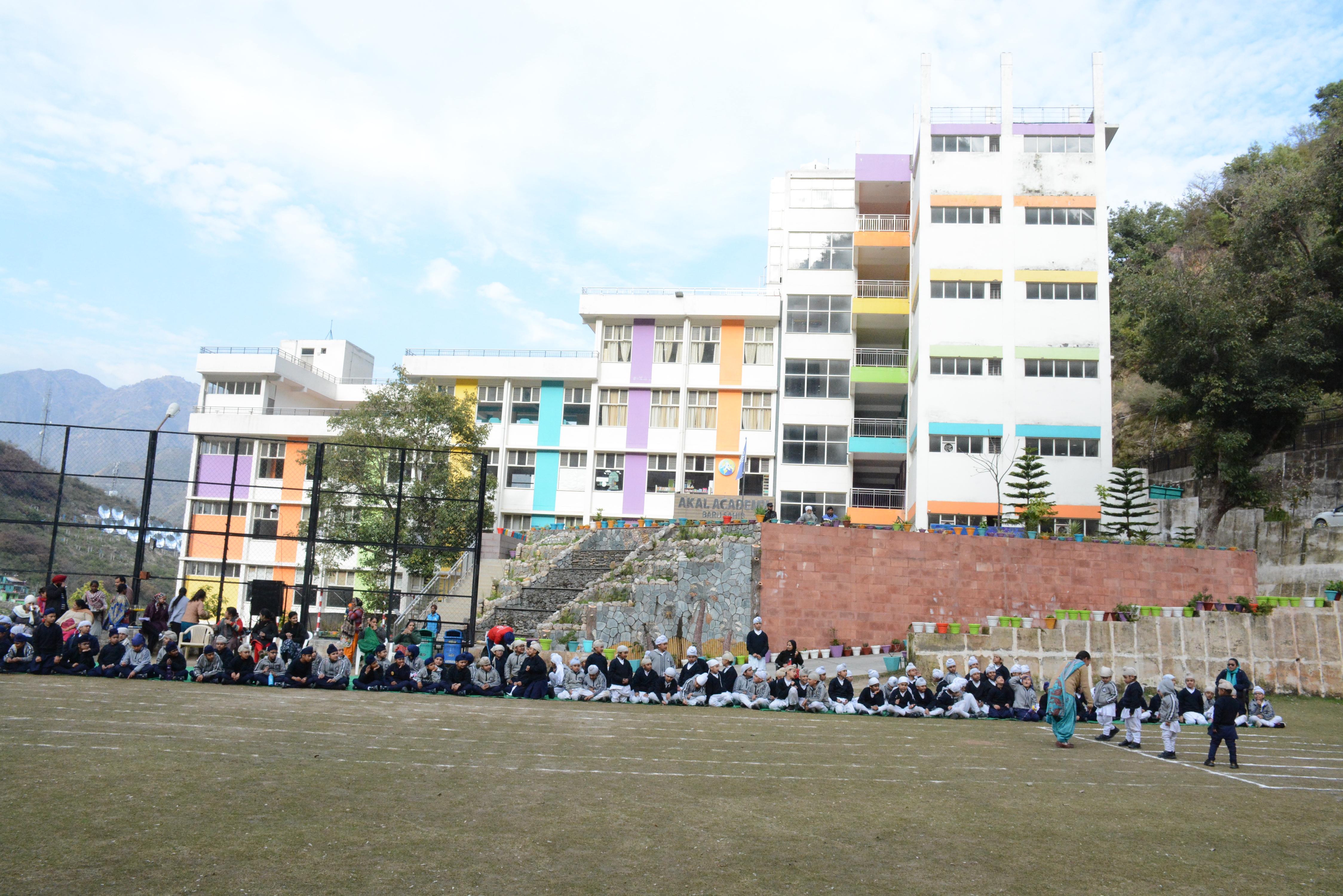Welcome to Akal Academy
Akal Academy Sacha Saudaschool is one of the most prestigious Schools in Jind District founded in April 2015. It is a Private Institution run by The Kalgidhar Trust in northern India. The school was started with 35 students only and with a triffle staff with the passage of time. After 6 years this tiny plant planted by Baba Iqbal Singh Ji has become a grand tree in which 131+ students are getting value based education from Nursery to class 8TH.

Welcome at our School
Akal Academy Sacha Sauda, Jind was established in 2015 under the aegis of Baba Iqbal Singh Ji, President of the Kalgidhar Trust Baru Sahib. It is a Secondary co-educational day boarding-cum-residential school affiliated to the Central Board of Secondary Education, New Delhi (CBSE).
Life in Akal Academy Sachasauda focus on commitment to academic excellence, intellectual growth, arts athletics, high standards of ethical awareness, sportsmanship, and community service. Novelty and variety are added to each student§Ó??s life by the school§Ó??s countless efforts and accessibility to a board curriculum based on value based education.
Why Choose Us?
All classrooms are equipped with multiple display monitors and big screens, which are digitally connected to the knowledge centre. Through the knowledge centre excellent teaching resources such as animation clips, videos, pictures, diagrams and working models etc are brought straight in all the classrooms for a better interactive learning experience.
Students have accessibility to a well equipped and stocked library with a variety of books, magazines, periodicals and newspapers.
The language Development Program supports students to remove their hesitation and improve pronunciation that the child may have in speaking a language. This program is designed to help the students have confidence when they speak with fluency.
To enhance the learning ability and skills and impart practical exposure about theoretical concepts, the school has a large number of modern laboratory systems including:- • Physics Lab • Chemistry Lab • Biology Lab • Language Lab • Composite Lab • Mathematics Room • Social Science Room • Art & Craft Room
Gallery
Our School offers a variety of opportunities.
The campus is spread over a lush green, pollution free area. It is divided aesthetically and thematically into various blocks, designed for maximum. Convenience and utility of the students. The hostel block is within the secure precincts of the campus to avoid any mishappening. The school provides provision for all amenities like picking and dropping facility and infrastructure. The school considers education to be a lifelong process which should have a strong foundation. The goal of the school is to inculcate in the students a love for learning, humanity, God and a desire to excel at every level whether indoor or outdoor. The school also aims at equipping the students with the intellectual and practical skills that are necessary to meet the challenges in the future.

.png)
A contemporary school based on faith and traditions. All Rights Reserved.
Designed by AMVM





.jpg)